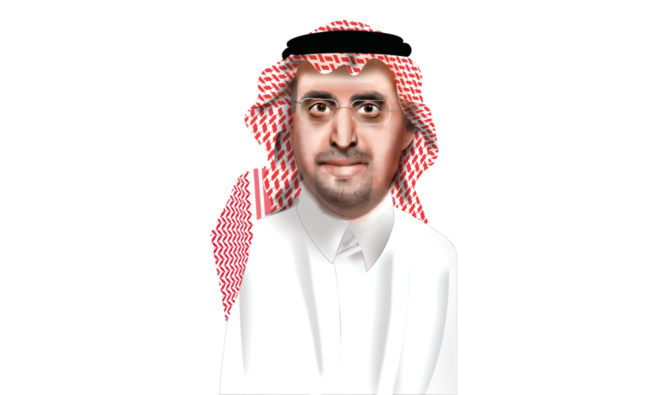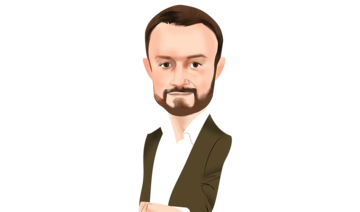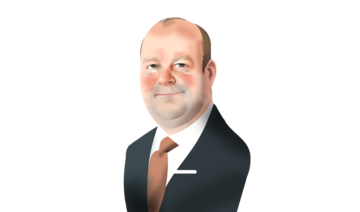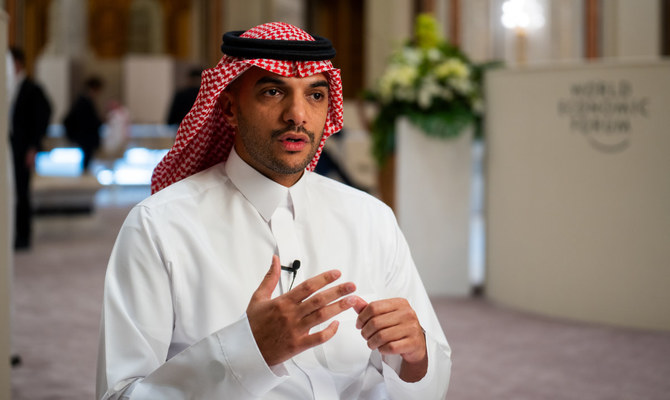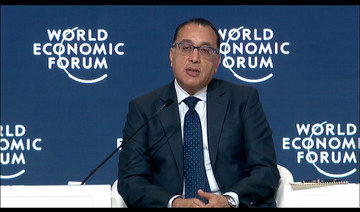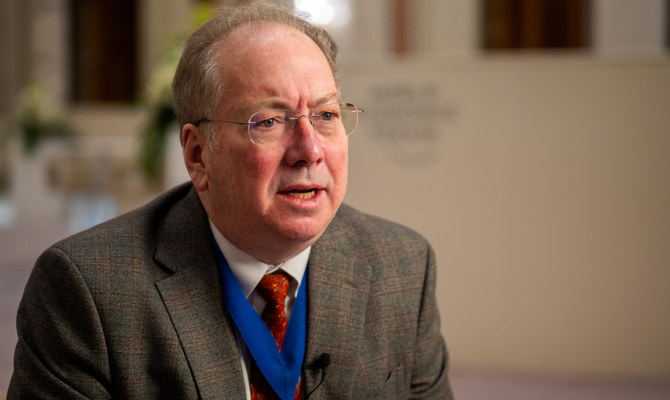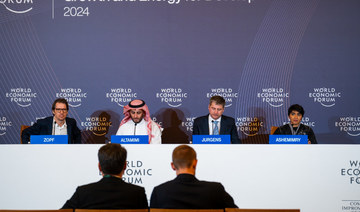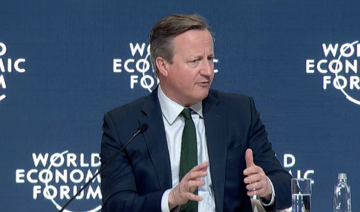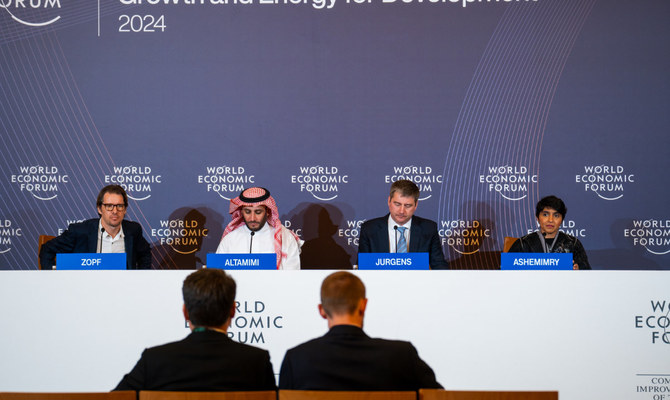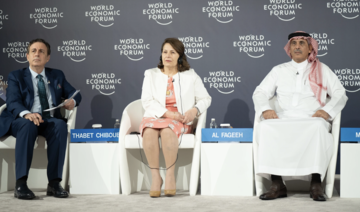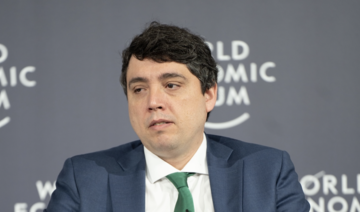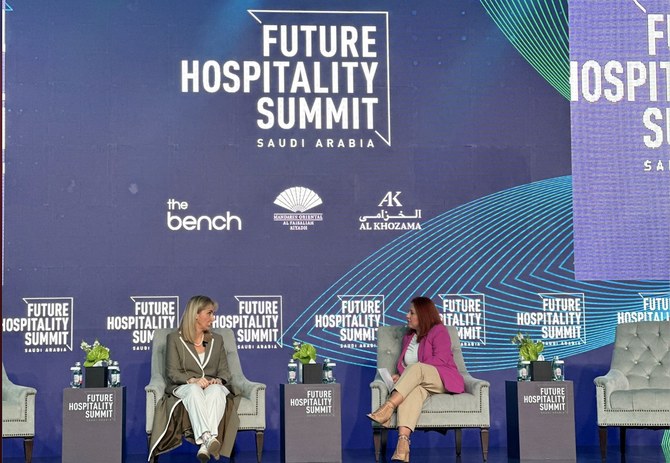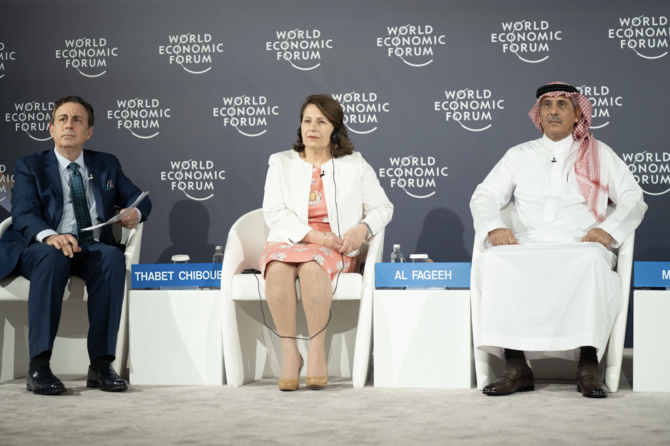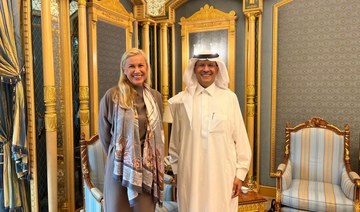Amlak International, the Saudi Arabian real estate finance company, surprised markets with the announcement that it was pressing ahead with an initial public offering (IPO) on the Tadawul that could value it at around SR1.5 billion ($400 million).
For one thing, the Kingdom’s economy, similar to the rest of the world, has been rocked by the ravages of the coronavirus disease (COVID-19) pandemic; for another, global financial markets are in a state of uncertainty as the world economy teeters on the brink of the worst recession since the 1930s.
Abdullah Al-Sudairy, Amlak’s CEO, is determined to overcome those challenges with the Kingdom’s first IPO since the virus outbreak.
“We believe the long-term fundamentals have not changed. Yes, there has been a temporary disruption, not just in Saudi Arabia but globally, but we believe this will pass,” he told Arab News.
Amlak was widely rumored to be considering the market initiative earlier this year before the pandemic broke on the world. That put the plans on hold for a while, but the decision to go ahead with it now represents a vote of confidence in the business, in the fundamentals of the Saudi economy, and in the Kingdom’s financial markets.
It can also be viewed as a belief that the recovery from the pandemic will come quickly, and will be in the V-shape talked about by some economists — a sharp upturn to follow the opening up of economies around the world as lockdowns are lifted and some return to normality takes place — even if it is the “new normal” many experts predict.
BIO
Born: Jouf, Saudi Arabia
Education:
- Bachelor’s degree in accounting, King Saud University
- Thunderbird School of Global Management, Arizona, US
Career:
- Assistant general manager, Samba Financial Group
- Director, Saudi Ceramics
- Board member, Dallah Healthcare
- CEO, Amlak International
“Saudi has a young population, the government is determined to improve jobs and increase housing ownership in the Kingdom as part of the Vision 2030 (reform plan), and we believe this is going to happen.
“Our business has not been severely disrupted these past few months. There has been a limited disruption because of the curfew but origination numbers have been acceptable, even in the first half,” Al-Sudairy added.
Despite this positive outlook, the decision to press ahead with the IPO — which is being organized by the investment banking arm of the Kingdom’s premier financial institution NCB Capital — must have been weighed carefully.
The International Monetary Fund said recently that the Saudi economy would shrink by 6.9 percent this year, and the government has brought in a series of measures to deal with the downturn and the hole in public finances caused by the fall in oil prices.
Some analysts have talked about a return to the “austerity” regime that the Kingdom used to deal with the last downturn in oil prices that lasted for two years from 2014.
Value added tax has been hiked to 15 percent, government-funded cost of living allowances have been scrapped, and some big projects — designed to diversify the economy away from oil dependency — have been slowed.
None of that would seem to be an economic environment designed to encourage home ownership, as the government has pledged. But Al-Sudairy is adamant that the long-term outlook is good and believes the measures taken by the government will not have a significant effect on Amlak’s business.
“Quite frankly, I am not an economist, but I can see in our retail business most of the houses we finance are for first-time buyers, and most are below SR850,000. The government has been lifting all VAT on such properties. If you are a first-time buyer below that level, the government will shoulder the VAT on your behalf,” he said.
Amlak does not just fund residential property, but is also big in the commercial space, building the office complexes, retail developments and other business projects. Again, some experts believe that the COVID-19 pandemic will have an irreversible effect on this sector, as people get used to working from home and doing much of their business in the digital, rather than physical, space.
The VAT increase did not apply to much of Amlak’s commercial projects, Al-Sudairy pointed out, but he agreed there would be some permanent changes to the commercial sector as a result of changing post-pandemic work patterns.
“The demand on commercial property will shift. We saw what happened in the US and Europe in retail commercial property, and they have an issue. But let us see what happens with logistical property.
“People are buying online so you don’t need retail shops as much as before, but you will need the warehouses to ship the goods. We will see shifts in demand, but the demand is still there in a different way. Maybe demand for offices will not be strong, but hospitals are strong, schools are strong, and logistic property will continue to be strong as demand goes online,” he added.
He takes a relaxed attitude to the volatility of financial markets. The Tadawul index, which fell along with all global markets when the pandemic first hit, has been quite resilient since then. But many financial experts are predicting a “bear run” in global equities later this year.
“What I focus on is the fundamentals of our business. We know the stock markets are a leading indicator of things that are going to happen. They sum up future expectations. So, I would rather focus on what is the fundamentals of our business, the long-term strength of our business.
“I don’t worry much about where the stock markets will go, but it is good that we are approaching an all-time high in some areas. I believe the markets reached a high point three weeks ago, but the focus is long-term fundamentals for us,” Al-Sudairy said. The twin aims of the IPO, he added, was to give Amlak more visibility and access to better ways of raising finance.
“We are in the mortgage business, and we deal with a large part of society, and we believe an IPO will give us more visibility. This is important for us.
“All publicly listed companies would normally have favorable treatment toward the cost of their capital by a reduction in the cost of their debt. You can see from our income statement that the biggest cost item we have is cost of debt,” he said.
The successful IPO of Saudi Aramco last year — the biggest stock market flotation the world has ever seen — has encouraged investors in the Kingdom to look more favorably on equity markets, and introduced a whole new group of retail investors to the culture of share ownership.
Amlak shares are being offered initially to institutional investors via a book-building process, but there is a mechanism in the IPO by which, if demand is good, retail investors will be offered up to 10 percent of the shares. There could be benefits from having the interests of Amlak investors and mortgage holders align via share ownership.
“It’s always healthy to have investors that challenge the board and challenge the management. We hope that with more diversified investors we will be challenged more, because challenge is good, it brings up ideas and more motivation. But I do know that when you have a greater proportion of sophisticated investors owning part of the company the challenge tends to be more elevated and healthier,” Al-Sudairy said.
But he does not expect a significant shift in the company’s behavior when it gets public company status. It is already run according to the strict regulations of the Saudi authorities, and those will be maintained, even strengthened.
“We don’t believe there will be much change in that respect, because as you know the central bank is very precise and strict in how they govern the industry,” he added.
His focus, even as a public listed company, will continue to be on the long-term health of Amlak.
“We will always focus on the long-term competitive advantage and the core competency of the company. We are a long-term player rather than a short-term tactical player.
“We have to ensure Amlak in the long term is extremely competitive and has a sustainable competitive advantage,” he said.



